To proactively respond and limit damage caused by floods, the Department of Health has issued a document requesting units in the entire industry to closely monitor weather developments, especially warnings about flash floods, landslides, and land subsidence from the National Center for Hydro-Meteorological Forecasting and the media; at the same time, emphasizing that they must absolutely not be subjective or negligent, in order to ensure the safety of life and property.
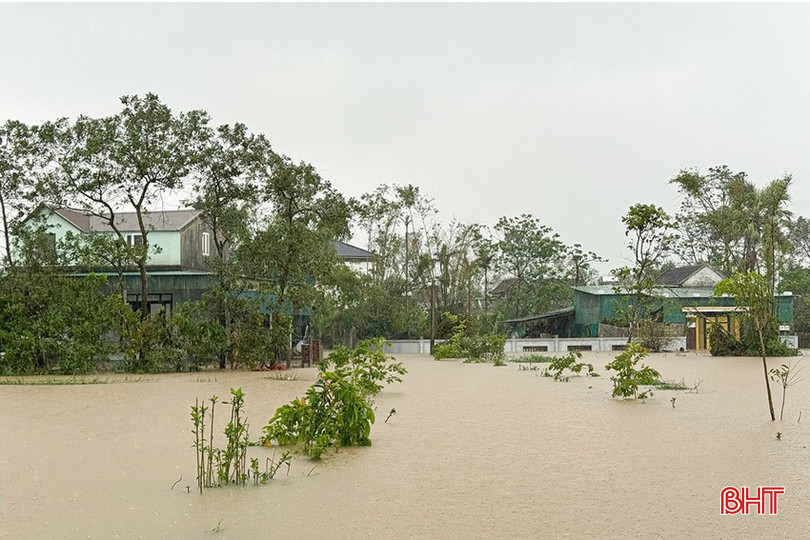
Proactively arrange specialized and emergency staff on duty 24/7, always ready to receive and provide emergency care to victims affected by floods; not to interrupt medical examination and treatment for people. At the same time, ensure adequate supply of essential medicines, timely replenish reserves of medicines, chemicals, and materials for disaster prevention, control, and search and rescue.
Implement plans to protect medical facilities in areas at risk of being affected by floods. Proactively evacuate medical facilities in low-lying areas at risk of flooding, flash floods, landslides. Organize environmental sanitation, disease prevention, ensure clean water, food safety due to floods, arrange and stabilize medical facilities, ensure medical examination and treatment for people after floods.
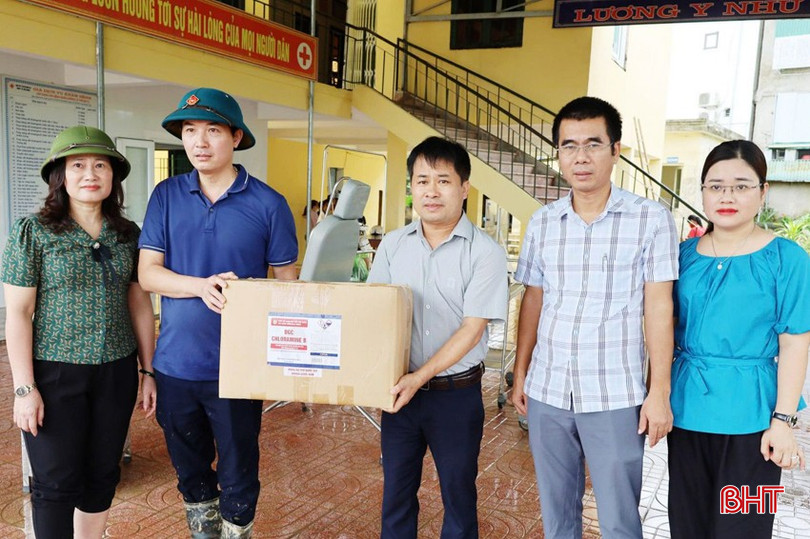
Review and assess the risk of epidemics in areas likely to be affected by natural disasters, especially areas that may be flooded, flash floods, and landslides. Proactively deploy epidemic prevention plans when situations arise. Organize monitoring, timely detection, and thorough handling of infectious disease outbreaks that occur before, during, and after rains and floods such as diarrhea, pink eye, respiratory infections, athlete's foot, flu, dengue fever, especially diseases transmitted through the digestive tract such as diarrhea, cholera, dysentery, typhoid, etc.
Source: https://baohatinh.vn/cung-ung-du-thuoc-hoa-chat-vat-tu-du-tru-phong-chong-mua-lu-post298533.html






![[Photo] Prime Minister Pham Minh Chinh chairs the second meeting of the Steering Committee on private economic development.](https://vphoto.vietnam.vn/thumb/1200x675/vietnam/resource/IMAGE/2025/11/01/1762006716873_dsc-9145-jpg.webp)


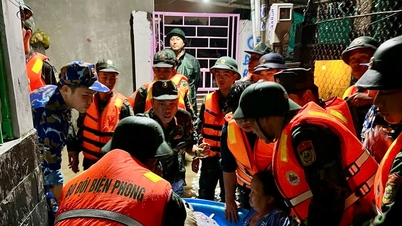

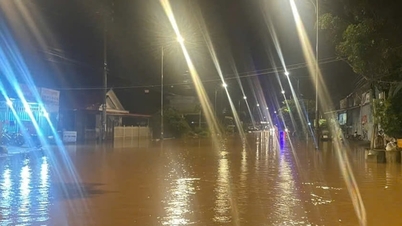
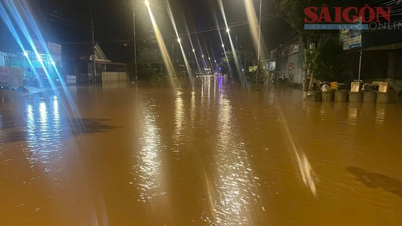








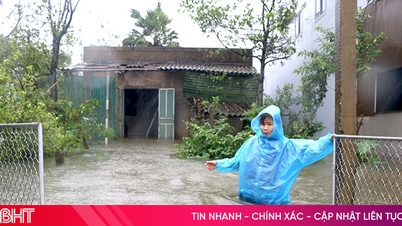
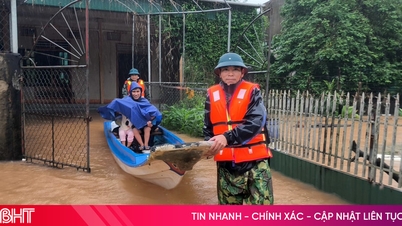
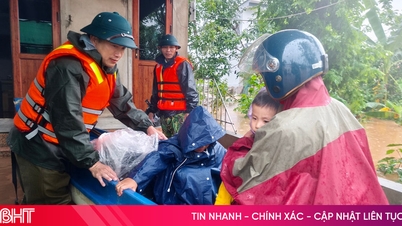


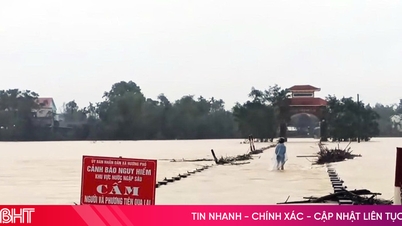
























































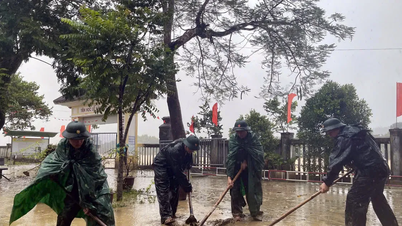

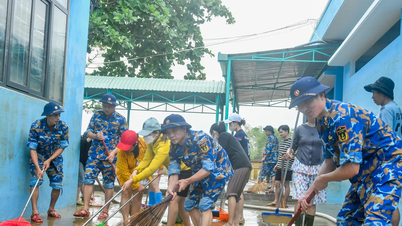
















Comment (0)